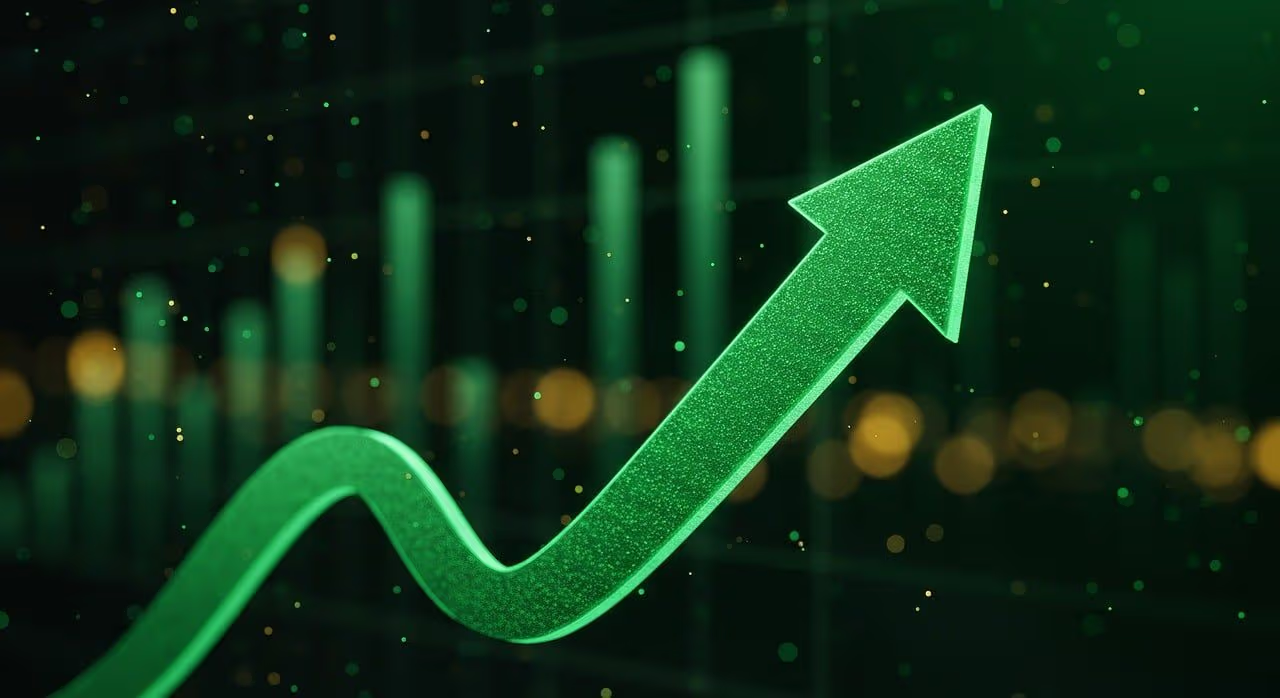The cryptocurrency exchange Binance is facing potential blockage in the Philippines amid regulatory scrutiny over its operations in the country. The Philippine Securities and Exchange Commission (SEC) issued a warning to Binance late last year, alleging the platform has been facilitating unauthorized trading of securities without proper licensing.
If Binance fails to rectify these issues by the end of February, the SEC has threatened to prohibit the exchange’s activities within the Philippines. This prospective ban has cast uncertainty over the fate of Filipino Binance users’ cryptocurrency holdings and access to the platform.
While Binance has not publicly addressed the SEC’s warning so far, the situation has sowed fears and doubts among the local crypto community over the exchange’s future. Some are concerned about potential disruptions if the ban materializes, as Binance’s low fees and high trading volumes have bolstered crypto engagement since its 2019 Philippine launch.
The crackdown escalated when regulators urged tech giants Google and Meta to stop allowing Binance ads targeting Filipino users. Officials criticized Binance’s aggressive marketing tactics like employing influencers and salespeople as violating local regulations.
Though the SEC head stated a ban could initiate around February’s end, some legal experts argue a court order may be required first. Amid this ambiguity, crypto enthusiasts anxiously await further clarity from Binance and regulators on how users’ interests will be safeguarded.
This Philippine scenario follows Binance’s $4.3 billion settlement with U.S. authorities last year over banking violations. The new CEO aims to steer Binance toward stronger compliance, but the Philippine case represents an immediate test of that effort.





